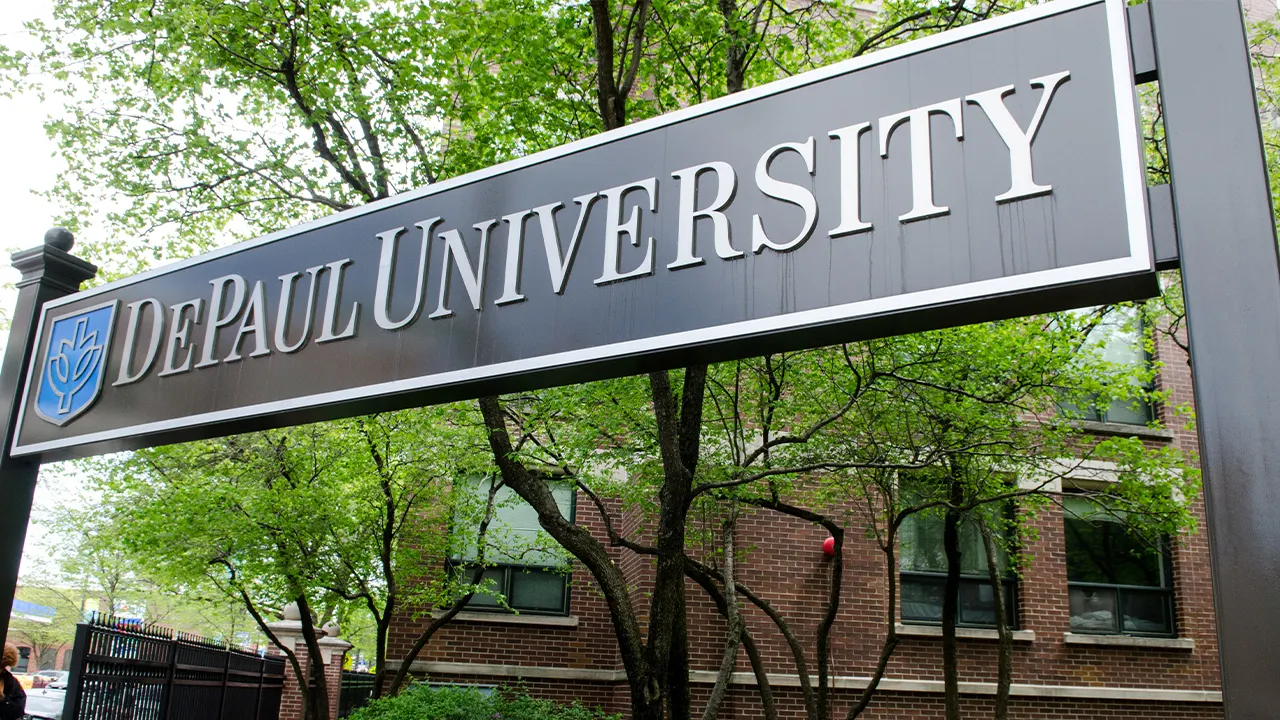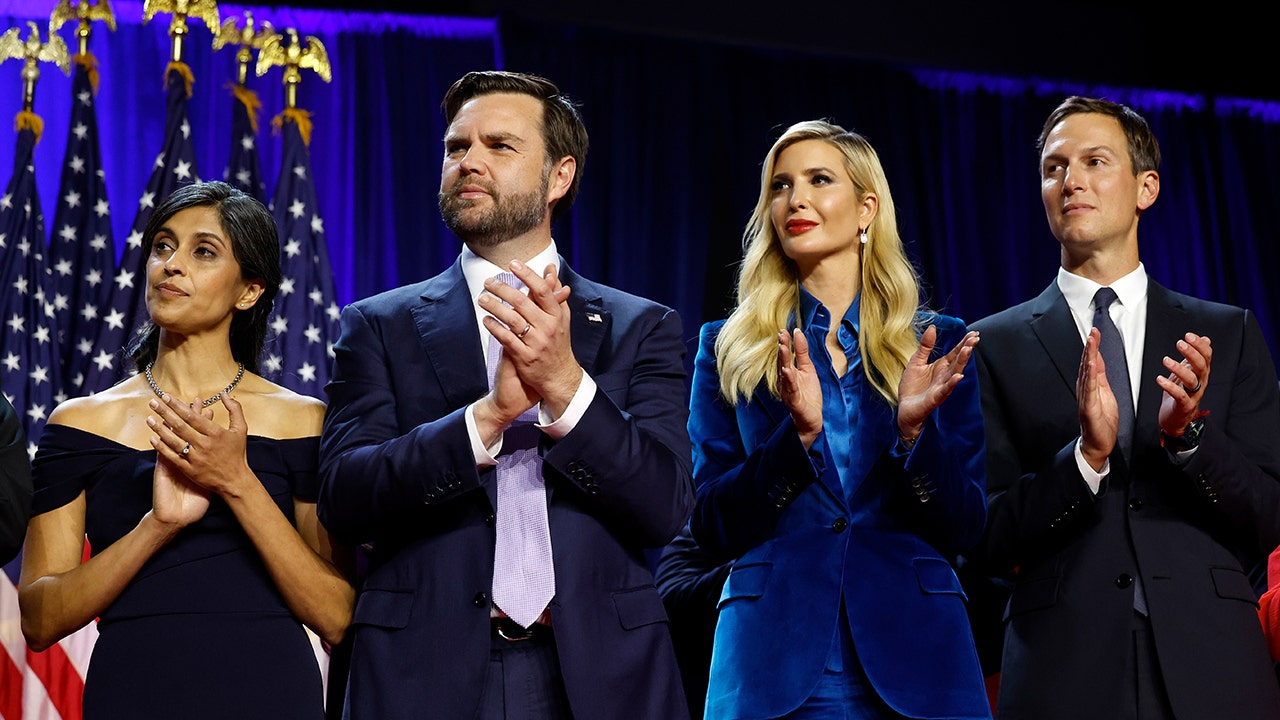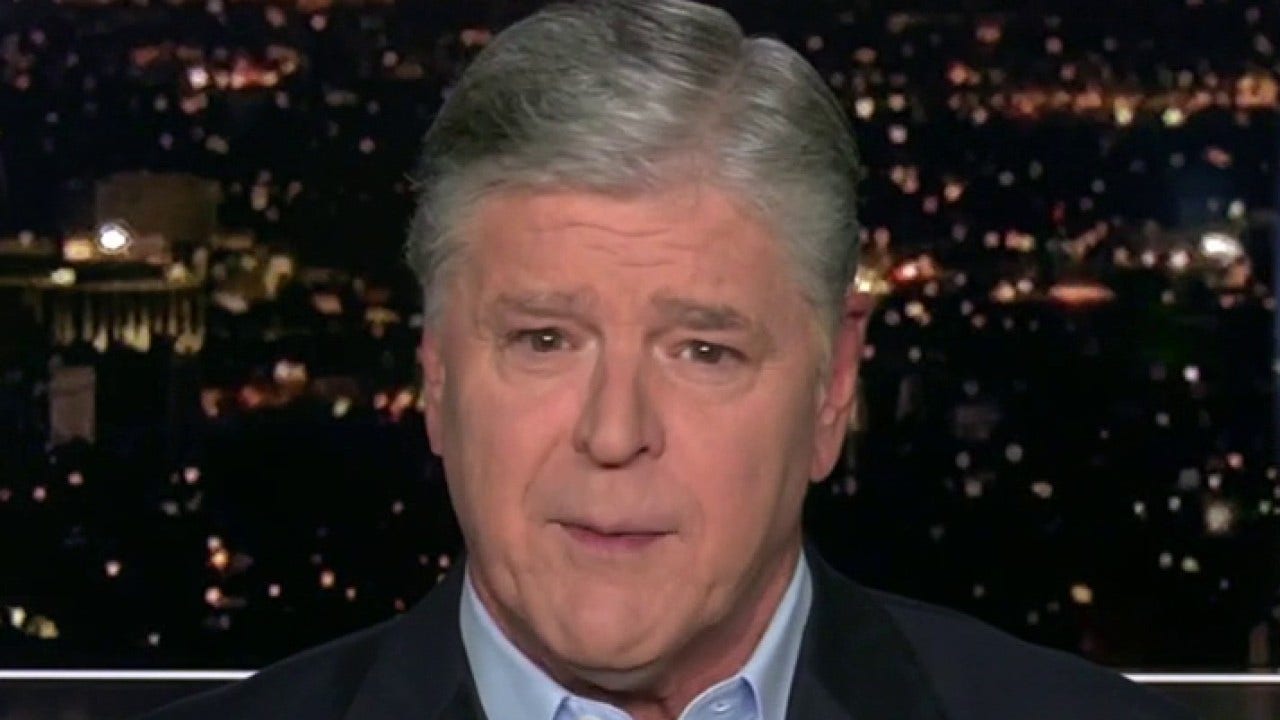As he seeks to address voter concerns over an issue that has weighed down members of his party across the country, Sen. Bob Casey, D-Pa., thinks he has found the winning formula: fighting “greedflation.”
In one of the most hotly contested and expensive Senate races of the cycle, Casey has zeroed in on this populist economic message — the idea that corporate greed is driving rising prices — as a way to push back against GOP arguments that government policies he supported have been the primary cause of soaring inflation.
Casey, who is in his third term, has run multiple ads focused on his campaign against “greedflation” in a critical battleground state and, in the process, offered a road map for Democrats nationally to talk about inflation.
“I think the average person gets it,” said Mike Mikus, a Democratic strategist in Pennsylvania. “They understand that inflation is a problem, and it’s a complex problem. But they do understand that [‘greedflation’ is] a piece of it. They feel it that these corporations, these big corporations, are willing to take advantage of a situation to increase their profits at their expense. And what this does is it shows that Sen. Casey gets it, and he’s taking on these big corporations when nobody else will.”
But Casey’s Republican opponents see the message as disingenuous. They argue that Casey, a middle-of-the-road liberal, had previously not been at the forefront of the populist economic turn in both parties. And they note that a number of economists, including liberal-leaning ones, have said the idea that corporate greed is a leading contributor to rising costs across the economy is bunk.
“No, not really,” Dave McCormick, Casey’s Republican Senate opponent, responded when he was asked whether there was truth to Casey’s argument, adding that government spending and energy policy have been the leading forces behind inflation in recent years. “Now, does that mean that there’s not some company that’s, you know, raising prices to try to offset the losses they had during Covid or something? I’m not defending any particular company. I’m not saying that isn’t happening on an exception basis. What I’m saying is that the root cause of inflation are those policy choices.
“And in a dynamic free enterprise economy, the way prices get set is the balancing of supply and demand,” he added. “And if, if a business is overpricing something, the way it works in the competitive market is that somebody else is going to sell their product at a competitive price. So no, I don’t think there’s much evidence to support the thesis.”
Turning the inflation focus to ‘big companies’
At a late-August Casey campaign event in Haverford Township, a woman in attendance felt unequipped to debate demonstrators outside who were protesting Casey’s efforts to combat “greedflation.” So she asked for Casey’s help.
Casey pointed to data showing corporate profits outpacing inflation, mentioned his reports that highlighted specific examples of unnecessary price hikes or companies’ shrinking their products while keeping prices in line and went into his proposal to give the federal government the authority to launch price gouging investigations.
“The big companies are the ones we’re targeting,” he said, adding that those corporations are “ripping” people off.
“They want to make it seem like we’re going to go after small companies in grocery stores,” he said. “That is a lie. It’s a deliberate lie, even by some people that claim to be informed and smart. We’re going to go after the big companies, and they’re not going to like it, and if they’re not engaged in price gouging, they’ve got nothing to worry about.”
Casey’s emphasis on attacking “greedflation” has been extensive throughout the election cycle. His campaign has run three TV ads exclusively about the topic and highlighted it in a fourth ad that seeks to boost his independent bona fides. He has written legislation that would allow the Federal Trade Commission to establish “shrinkflation” as an unfair or deceptive practice, giving it the power to sue corporations for the practice — a bill President Joe Biden called on the Senate to pass in his State of the Union address this year.
That legislation is in addition to the proposal he talked up in Haverford Township in August, as well as reports he has written about greedflation,” “shrinkflation” and “streamflation” — the concept that streaming services are raising costs while shrinking their libraries — which have called out Kellogg’s, Kimberly-Clark, Proctor and Gamble, Disney and Coca-Cola, among other companies.
Casey’s Senate website dedicates an entire page to “greedflation,” which he also discussed at length in his speech at the Democratic National Convention this summer. At his two debates with McCormick, the subject was central to a number of back-and-forth exchanges.
The core of Casey’s argument is the assertion that, from July 2020 to July 2022, corporate profits rose five times faster than overall inflation. His argument is backed by a report last year from the Federal Reserve Bank of Kansas City, which found corporate profits contributed to an outsized percentage of overall inflation during the recovery from the Covid pandemic.
“It’s real,” Sen. Raphael Warnock, D-Ga., told NBC News of “greedflation” at a recent media gaggle in Pennsylvania, adding that former President Donald Trump would worsen inflation with his proposed tariffs. “We have seen those who have tried to take advantage of a pandemic, and as a result of that, they’re raising the prices.”
Republicans acknowledge the argument ‘has some resonance’
But many economists have expressed considerable skepticism about the validity of the “greedflation” argument. A San Francisco Federal Reserve report this year found that “rising markups have not been a main driver of the recent surge and subsequent decline in inflation during the current recovery.” Other economists have described the concept as “an economic delusion,” “oversimplified” and “a convenient political meme.” A left-leaning economic policy columnist at The Washington Post described “greedflation” as “a conspiracy theory.”
“This is the most disingenuous political argument of the cycle,” a Republican operative working on Senate races told NBC News.
Still, some Republicans acknowledge it is a strong campaign message.
“Republicans and independents don’t view it as a primary driver of inflation, but they also are sympathetic to the idea that executives are profiting off inflation,” a second Republican operative working on Senate races said. “I would believe it has some resonance.”
Pennsylvania state Sen. Maria Collett, a Democrat, said the economists who were pushing back against the idea of “greedflation” were merely out of touch.
“Despite those findings ... people are feeling it, and they’re feeling it when they go to the grocery store, they’re feeling it [with] how much of a product they’re receiving when they’re buying it,” she said. “It’s really absolutely disingenuous to tell people what you’re experiencing” is not true.
“I get it that studies are being done that are showing that inflation isn’t being caused necessarily by ‘greedflation,’ but ‘greedflation’ is something that’s impacting people at their kitchen tables,” she continued. “It’s impacting them when they’re sitting down to pay their bills. So it absolutely has to be something that’s addressed.”
“Greedflation” has become a major component of Democratic messaging about inflation, which has been a top concern throughout the campaign. Republicans have blamed Biden’s Covid recovery legislation for leading to high levels of inflation, though it has been troublesome worldwide post-pandemic. The October national NBC News survey found the cost of living to rate among the top issues voters said they felt so strongly about that they would vote solely for or against a candidate based on it.
At the presidential level, Vice President Kamala Harris has pledged to make tackling price gouging a “day one” priority.
“It’s very important,” a Harris campaign official in Pennsylvania said of the messaging around “greedflation.” “Voters are telling pollsters again and again that the No. 1 issue they care about is the economy, and Kamala Harris has a plan to deliver on that, to bring down costs to go after corporate price gougers who are exploiting people, many of whom, frankly, are probably Trump’s friends.”
Another angle to Casey’s “greedflation” focus, Democrats and Republicans acknowledge, is that it bolsters his messaging against McCormick, a former hedge fund executive. Casey is trying to paint McCormick as out of touch with everyday people and unconcerned about corporate executives’ profiting off them in excess.
“It is really hard for McCormick to make an argument against it as a hedge fund manager,” a Democratic strategist working on Senate races said, adding that the “greedflation” push “has a little bit of a populist tilt that obviously seems to be breaking through more here in the U.S. anyway.”
Inflation has cooled from earlier in the election cycle, enough that the Federal Reserve cut interest rates by half a percentage point last month. September’s rate of inflation was 2.4%, the lowest monthly rate since February 2021.
“It’s been the best 10 years in the last 100 years for the stock market. The last year has been great. So if you’re an asset holder, I would agree. I would concede the economy has gotten better,” said McCormick, who has run an ad to counter Casey on the topic. “If you’re living paycheck to paycheck, you’re still in the grind, and that’s what I think Bob Casey and Kamala Harris do not understand.
“If inflation, the rate of growth of inflation, continues to stay modest, if wages eventually go up, we may work our way out of the squeeze,” he added. “But right now, people are in the squeeze, and that is undeniable.”

 3 settimane fa
7
3 settimane fa
7















 English (US) ·
English (US) ·